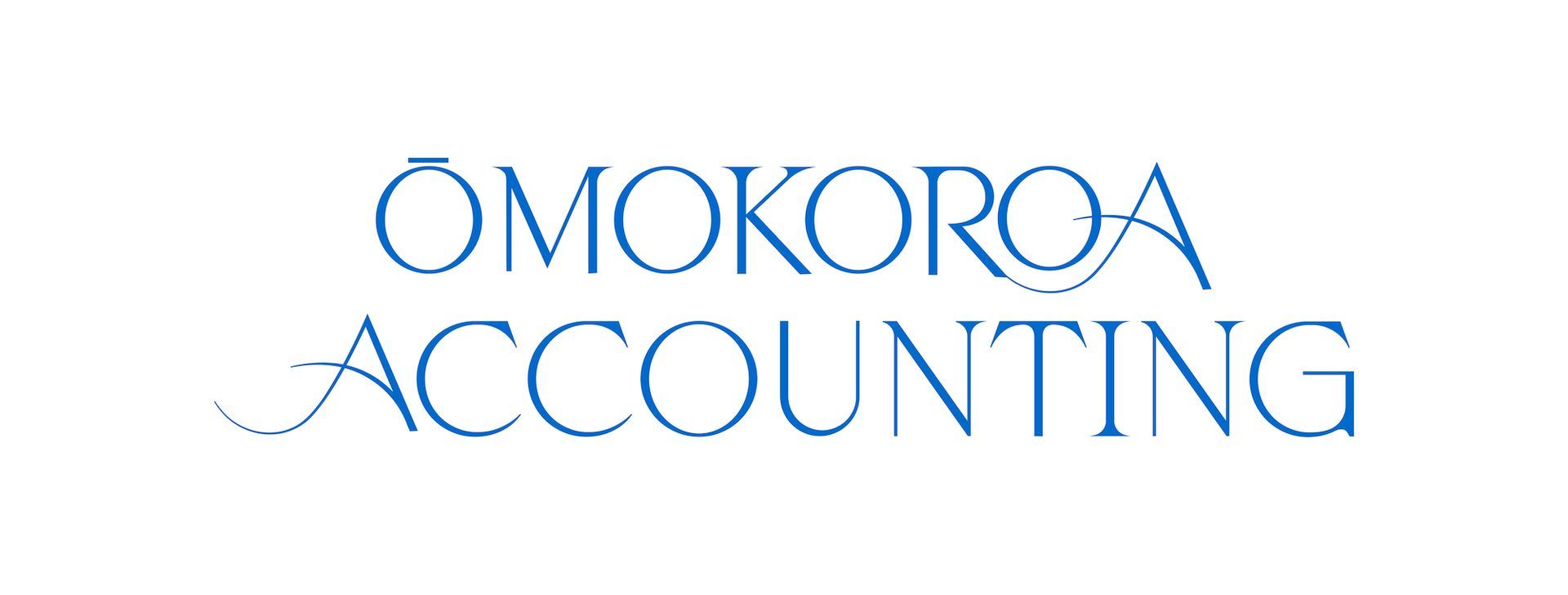Suzie Monk • September 9, 2021
ANSWERS TO COVID-19 QUERIES
Q: As an employer, can I pay staff less than their normal wages during COVID-19?
A:
Employment law still applies to all employment relationships, regardless of the circumstances that we find ourselves in, including different alert levels during COVID-19. This means you can only reduce employees' wages if they agree to it, after a discussion in good faith.
As an employer, you need to keep paying your employees at all alert levels, whether they are continuing to work at their usual place of work or from home, or if they are not able to work because of alert levels.
Employees should be paid their wages as set out in their employment agreement. If an employee has an employment agreement with minimum hours, but has been working for more than the minimum hours for some time, you need to calculate their pay according to the number of hours that they have been working, rather than the minimum hours in their employment agreement.
The Wage Subsidy can be used to help pay their wages. You can only reduce how much you pay your employees if the employee has agreed to receive lower pay. This means that if they don’t agree to it, you will need to pay their normal pay, even if this is higher than what you received from the Wage Subsidy.
If you have money left over from the Wage Subsidy, for example, if an employee no longer works for you, you can use their remaining subsidy to pay other affected employees. If there are no other employees to use the subsidy for, then the remainder must be paid back.
If your employees cannot work normally and your business is struggling to meet its costs, the best thing you can do is to talk to your employees in good faith, explain to them your business’ financial situation and talk about what options are available to you and them, and agree to any changes. If your business has unionised employees, make sure that you involve the union in discussions relating to any changes.
There are other financial support schemes available to help you pay wages during this time. For example, the Leave Support Scheme can help you pay employees who have to self-isolate, even if you don’t qualify for the wage subsidy.
Q:
I have a question about applying for the Wage Subsidy, where can I go to get information?
A:
Visit the Work and Income website if you have questions relating to the wage subsidies, including how much you get, what the criteria is and how to apply.
When it comes to managing your business finances, a few small habits can save you a lot of stress, money, and time. Here are some key tips accountants wish every client would follow.
Ensure you have set up a MyACC for Business account and that your details are correct online, so you’re not caught off guard when ACC calculates your levies.
Learn about the latest updates from ACC, including levy changes and adjustments to CoverPlus Extra.
The NZ Budget 2025 introduced the Investment Boost incentive and KiwiSaver changes that could affect your business.
Deciding whether to stay small or grow your business? Explore the pros, cons, and how a Quarterly Review can help you plan with confidence.
One of the most confusing tax types for our clients is Terminal Tax and Provisional Tax. So, what's the difference?
What are the key aspects you need to know to prepare for the financial year-end on 31 March? The end of the financial year is a good time to review your policies and procedures in preparation for the new tax year.
In 2023 the External Reporting Board (XRB) published updated accounting standards for Tier 3 and 4 registered charities.
If your charity’s financial year began on or after 1 April 2024, the Tier 3 (NFP) and Tier 4 (NFP) Standards are now in effect and you should be using or preparing to use these.


